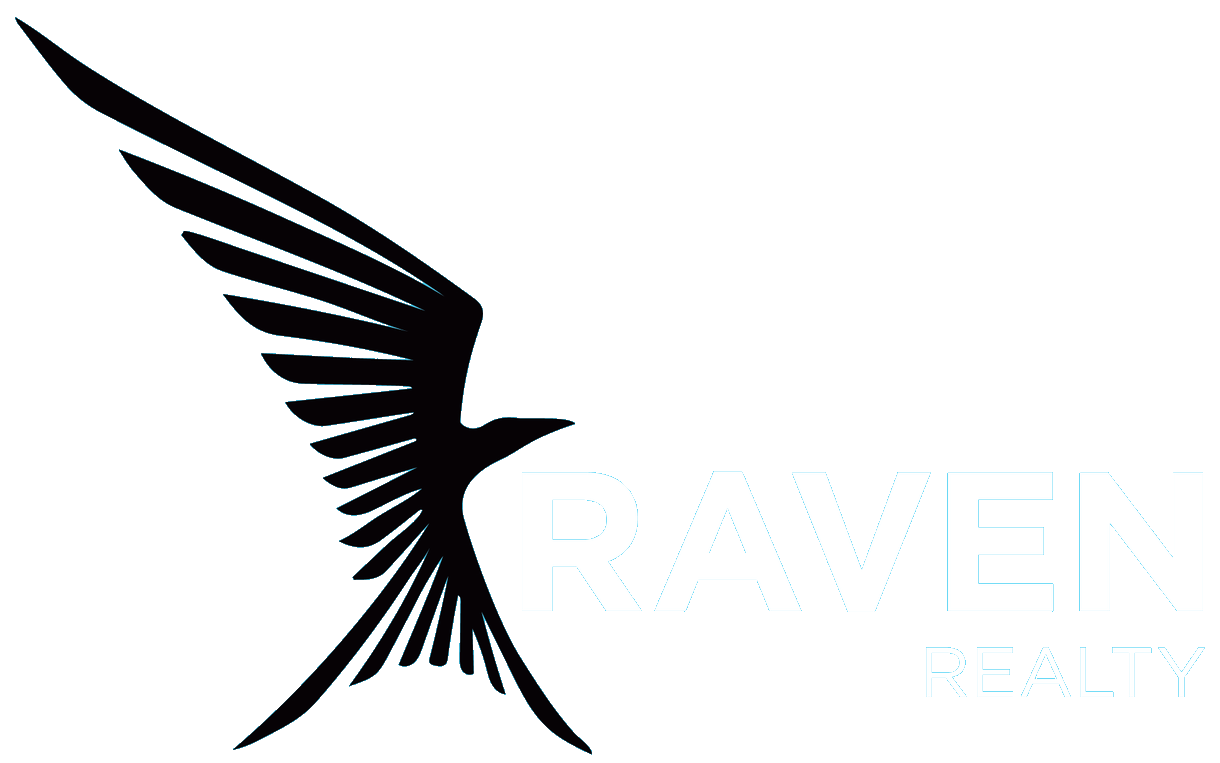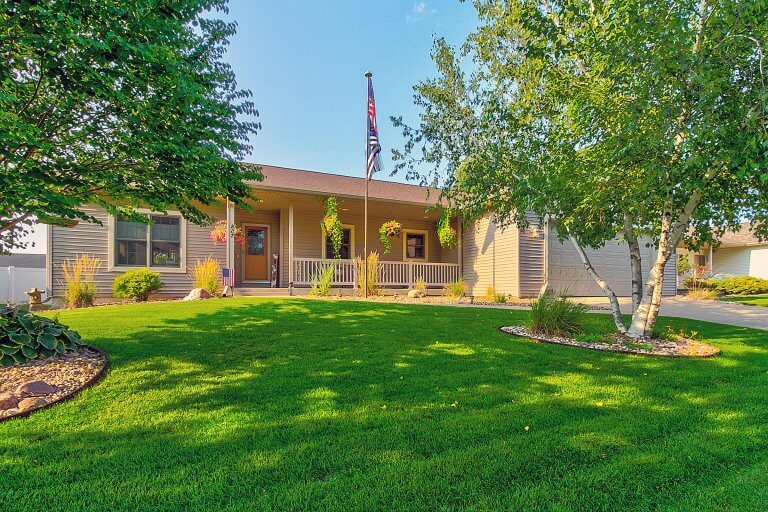Essential Homeowner Tips: Maintaining Your Sanctuary
Owning a home is not just a financial milestone; it’s a significant responsibility. From maintenance to safety, there are numerous factors to consider to ensure your home remains a sanctuary for you and your loved ones. Whether you’re a new homeowner or have been in your property for years, these essential homeowner tips will help you keep your dwelling in top shape.
Regular Maintenance Checks
1. Inspect Roof and Gutters: Regularly check your roof for any signs of damage or leaks. Clean out gutters and downspouts to prevent clogging and water damage.
2. HVAC System Maintenance: Schedule routine maintenance for your heating, ventilation, and air conditioning (HVAC) system. Replace filters regularly and have a professional inspect the system annually to ensure it’s running efficiently.
3. Check Plumbing: Keep an eye out for leaks in faucets, pipes, and toilets. Addressing minor plumbing issues early can prevent costly repairs down the line.
4. Test Smoke and Carbon Monoxide Detectors: Ensure smoke detectors and carbon monoxide detectors are in working order by testing them monthly and replacing batteries at least once a year.
5. Inspect Electrical Systems: Look for any signs of electrical issues such as flickering lights, tripped circuit breakers, or outlets that are warm to the touch. Address any issues promptly to avoid the risk of electrical fires.
Safety Measures
1. Install Security Systems: Consider installing a security system or surveillance cameras to protect your home from intruders. Additionally, motion-sensor lights can deter potential burglars.
2. Secure Windows and Doors: Make sure all windows and doors are equipped with secure locks. Consider reinforcing entry points with deadbolts or security bars for added protection.
3. Create an Emergency Plan: Develop a comprehensive emergency plan for your household, including evacuation routes and designated meeting points. Practice fire drills and ensure everyone knows what to do in case of an emergency.
4. Store Hazardous Materials Safely: Keep hazardous materials such as cleaning products, pesticides, and flammable liquids stored securely out of reach of children and pets.
Energy Efficiency
1. Upgrade Insulation: Proper insulation can improve energy efficiency and reduce heating and cooling costs. Consider adding insulation to attics, walls, and basements to keep your home comfortable year-round.
2. Seal Air Leaks: Seal gaps and cracks around windows, doors, and ductwork to prevent drafts and energy loss. Use weatherstripping or caulking to seal air leaks effectively.
3. Invest in Energy-Efficient Appliances: Upgrade to energy-efficient appliances such as refrigerators, dishwashers, and washing machines to reduce energy consumption and lower utility bills.
Financial Planning
1. Build an Emergency Fund: Set aside funds for unexpected home repairs or maintenance issues. Having an emergency fund can provide peace of mind and prevent financial strain when unforeseen expenses arise.
2. Review Insurance Coverage: Regularly review your homeowner’s insurance policy to ensure adequate coverage for your property and possessions. Consider additional coverage options for natural disasters or other unforeseen events.
3. Plan for Long-Term Maintenance: Create a budget for long-term home maintenance and repairs. Prioritize projects based on urgency and allocate funds accordingly to avoid costly surprises.
Owning a home is a significant investment, and taking proactive measures to maintain and protect your property is essential. By implementing these homeowner tips, you can ensure your home remains a safe, comfortable, and enjoyable place for years to come. Remember, regular maintenance and preparedness are key to preserving the value and integrity of your home.





